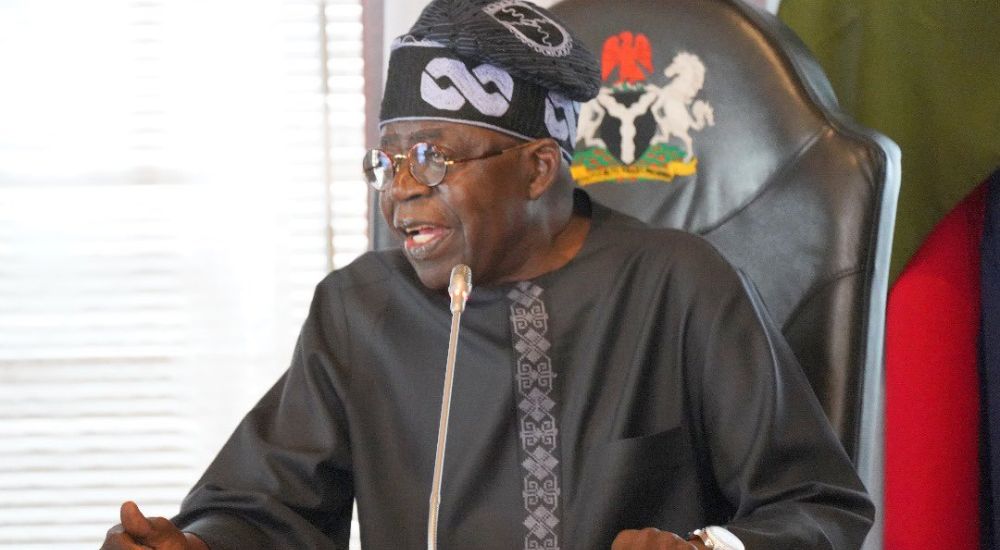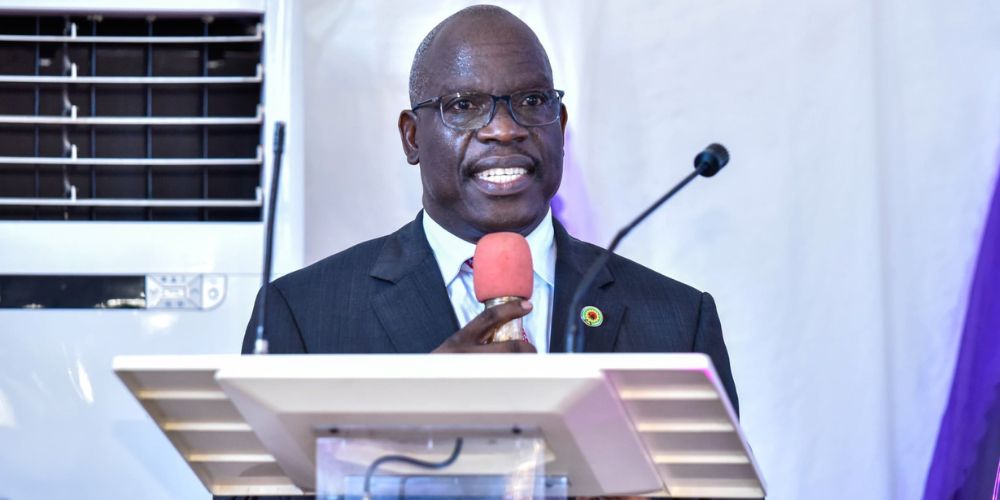Nigeria Must Attract $12bn Investments Annually To Achieve Tinubu’s Oil & Gas Sector Target — Mackenzie Report

A new industry report by global energy consultancy Wood Mackenzie has revealed that Nigeria must attract more than $12bn annually in upstream oil and gas investments to meet the ambitious production targets set by President Bola Tinubu’s administration.
According to the report, titled “The Edge,” Nigeria’s oil and gas sector requires urgent and sustained capital injection to double crude oil production to three million barrels per day (bpd) and increase gas output to 12 billion cubic feet per day (bcfd) by 2030
At the heart of the discussion was the 7th Annual Nigeria Upstream Briefing held in Lagos earlier this month, where experts from Wood Mackenzie, including Mansur Mohammed and David Parkinson, outlined the steps Nigeria must take to reverse a decades-long production slump.
Richly endowed with resources, the Report stated that Nigeria not so long ago was among the most important sources of oil and gas production for Big Oil.
It stated that National liquids production, though, has fallen by 40 per cent from its 2005 peak to 1.6 million b/d currently, the downward trend accelerated as International Oil Companies reallocated capital towards lower-cost, lower-risk basins in the wake of the oil price crash after 2014.
Signs of the positive change in the industry emerged under the leadership of President Bola Tinubu, who in his role as Minister of Petroleum Resources, has set ambitious new oil and gas production targets at 3 million b/d of liquids and 12 bcfd of gas by 2030.
The Report said, “A culture change has begun with sweeping changes to the board at national oil company NNPC, more supportive fiscal policies and a suite of new JV operators suggesting the ingredients to drive growth are finally falling into place. The big question is: will the industry deliver?
“Investment has suffered a steep fall from a peak of $29bn (real) in 2014 to just over $5bn in 2024. We believe the latter is the absolute minimum required merely to sustain current levels of production. But to achieve the president’s targets, spend needs to more than double to $12bn a year immediately and continue growing for the rest of the decade.”
The Report noted early signs of progress, pointing to a renewed wave of planned investments by both international and indigenous firms.
Renaissance Africa Energy is expected to inject $15bn over five years, while Shell has committed $5.5bn to the Bonga North development. ExxonMobil is also reportedly weighing up to $10bn in spending on the Usan, Owowo, and Erha fields.
It added, “There are already signs that things are moving in the right direction. Renaissance Africa Energy Company alone plans to invest US$15bn over five years, and we expect an uptick in activity by Oando and Seplat from their recently acquired assets. Shell has committed $5.5bn at Bonga North and ExxonMobil could commit up to $10bn on the Usan, Owowo and Erha fields.
“Indigenous firms are producing more volumes than expected from their marginal fields. Even so, this group of companies now need to embrace a culture of growth.’
Wood Mackenzie identified three critical themes that could determine success or failure in achieving the national targets: collaboration, urgency, and pragmatism.
According to the Report, collaboration among all stakeholders, including government, NNPC, and operators, is essential to unlocking Nigeria’s full production potential.
Operators are encouraged to prioritise high-value opportunities and share aligned growth strategies to overcome systemic bottlenecks.
It said, “NNPC can’t do it alone, it will require collaboration to unlock the growth potential. All operators must bring forward their top opportunities and work programmes.
“A common understanding and line of sight to where the incremental volumes will come from is a priority. Only then can partnerships and investment unlock synergies and tackle bottlenecks that have eluded the industry in the past.”
The Report also warned against the delays caused by bureaucratic processes and complex regulations, urging Nigerian authorities to remove regulatory friction and adopt a more responsive, investor-friendly stance similar to what Angola has implemented successfully in recent years.
Furthermore, the Report underscored the importance of pragmatic regulatory engagement, especially in clearing development plans and accelerating licensing for greenfield projects.
“With 2030 targets looming, there is no time to lose. Delays in signoffs and overbearing regulatory burdens can no longer be tolerated. Incentives provided to the industry are a good start, but the fiscal system remains complex and Nigeria is competing in a buyers’ market.
“A recent success story in West Africa has been Angola, where the regulator has boosted activity by engaging with the industry, offering more competitive terms and structured and regular licensing.
“For greenfield opportunities to be part of Nigeria’s solution by 2030, two shifts are required – rapid signoff of development plans and pragmatism when challenging regulatory requirements become a blocker. New production sources must be given priority.
“Not everything needed to get to the targets are under the government’s or industry’s control, of course. Volatile oil prices are already taking their toll on discretionary upstream spend globally.
“Moreover, many of the Nigerian indigenous companies have taken on considerable debt to acquire assets. But there is limited capacity for debt-fuelled growth, particularly in what remains one of the higher-cost and higher-risk oil and gas plays.
“The most viable route to accelerating growth is recycling cash flow from operations back into the assets, which is dependent on firm and stable oil prices,” the Report added.
The Analysts at Mackenzie noted further that even achieving half of Tinubu’s 2030 targets would mark a major turnaround and re-establish Nigeria as a leading oil and gas producer on the global stage.
It stated further, “Nigeria’s goal to not just maintain existing oil production but to add another 1.3 million b/d and 4.6 bcfd of gas production in five years is admirably ambitious, considering the travails of the recent past.
“Even if Nigeria gets halfway towards its targets, it will be significant success and would restore the industry’s faith in the country.”
Nigeria Must Attract $12bn Investments Annually To Achieve Tinubu’s Oil & Gas Sector Target — Mackenzie Report is first published on The Whistler Newspaper





